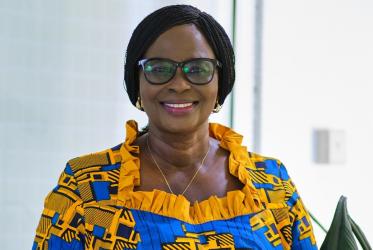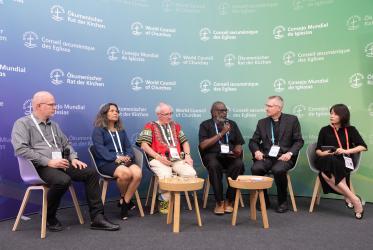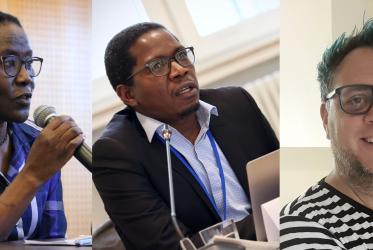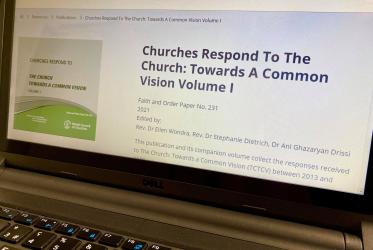Displaying 1 - 20 of 90
Thirty days that changed the ecumenical movement
23 October 2023
WCC Commission on Faith and Order Webinar: “The Church in and for the world - the Church in mission”
21 June 2021
https://us02web.zoom.us/webinar/register/WN_Qf7H2bOUTSCYpQzY8rjiIQ

















